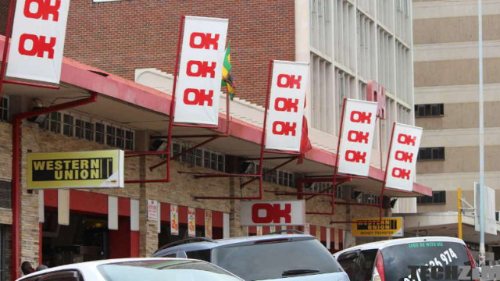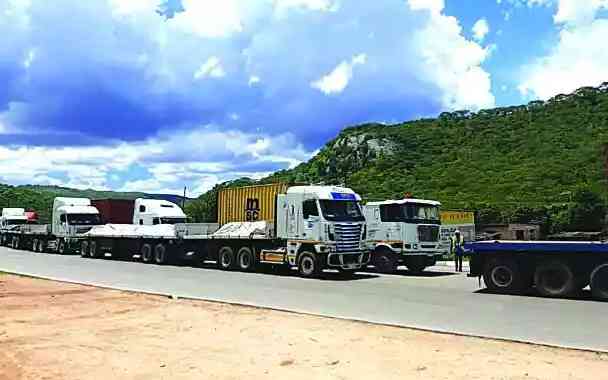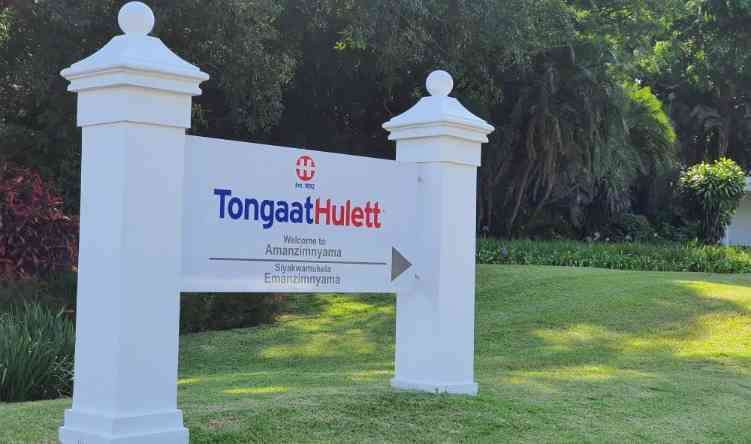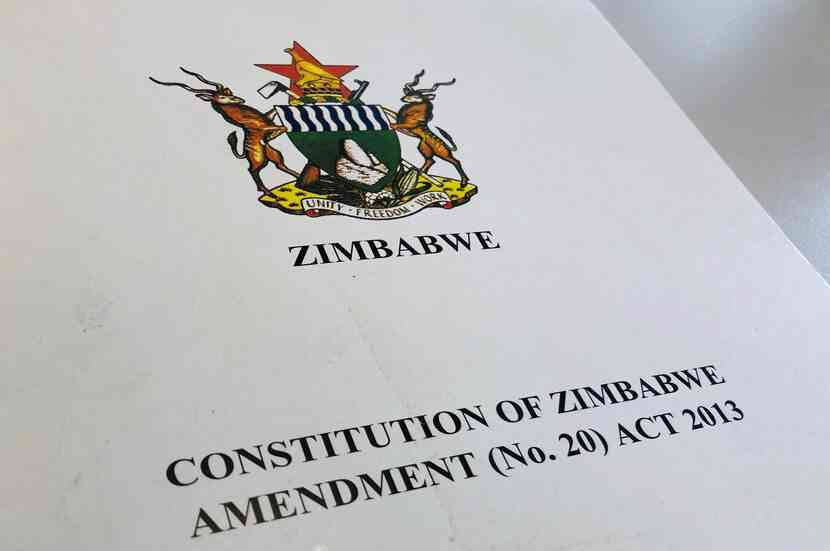
THE Zimbabwe Revenue Authority (Zimra) has imposed a US$2,05 million civil penalty on OK Zimbabwe Limited over alleged non-compliance with the Fiscal Data Management System (FDMS), deepening the financial strain on the country’s largest supermarket chain.
The FDMS is a tax compliance mechanism that requires retailers to link their point-of-sale systems directly to Zimra’s servers, enabling real-time monitoring of transactions.
The penalty was disclosed in OK Zimbabwe’s financial results for the year ended March 31, 2025.
According to the report, Zimra calculated the fine based on 914 tills over a 90-day period starting January 23, 2024.
“The Zimbabwe Revenue Authority issued a civil penalty order against the group amounting to US$2 054 250 in terms of Section 81B as read with the First Schedule of the Value Added Tax Act (Chapter 23:12),” the company said.
However, OK Zimbabwe is contesting the charge, arguing that it had been engaging with Zimra on the FDMS rollout but faced unforeseen technical setbacks, which were communicated to the tax authority.
The retailer said it successfully integrated the system in December 2024.
The group also disputes the legality of the fine, claiming that the required “show cause” notice was not issued and that the number of tills used in Zimra’s calculations was inflated.
- Zimra seizes CCC campaign vehicle
- Firearms smuggling suspect weeps in court
- Eyebrows raised over Zimra tender
- Zimra clearing agent in US$437K fraud
Keep Reading
An appeal has since been lodged with the commissioner of domestic taxes.
“The company has lodged an appeal with the commissioner of domestic taxes and is awaiting the outcome,” OK Zimbabwe said.
“Management believes that there are strong grounds to contest the civil penalty, and accordingly no provision has been recognised in these financial statements.”
The dispute comes as OK Zimbabwe battles a precarious financial position. As of March, its current liabilities stood at US$44,2 million against current assets of US$25,5 million, leaving just 57 cents in assets for every dollar of short-term debt.
To stabilise operations, OK Zimbabwe has embarked on a restructuring plan.
In August, it raised US$20 million through a rights issue and announced plans to dispose of assets worth US$10,5 million to cut its US$30,34 million debt.
Three banks have extended support through US$19,6 million in facilities, of which US$12,3 million remains undrawn.
The retailer has also implemented aggressive cost-cutting measures, including headcount reduction and the closure of loss-making outlets such as the Borrowdale and Avondale Food Lovers Market stores, all Alowell shops, and a branch in Banket.
Capital expenditure has been restricted to essential maintenance and critical upgrades. OK Zimbabwe has blamed its financial distress on poor strategic decisions by previous management, coupled with exchange rate volatility, heavy taxation, competition from the informal sector and unreliable utilities.
In February, the board recalled seasoned executives to steer a turnaround.
Despite the challenges, management forecasts suggest the business will maintain sufficient liquidity to meet obligations until at least September 2026, provided restructuring initiatives stay on track.











